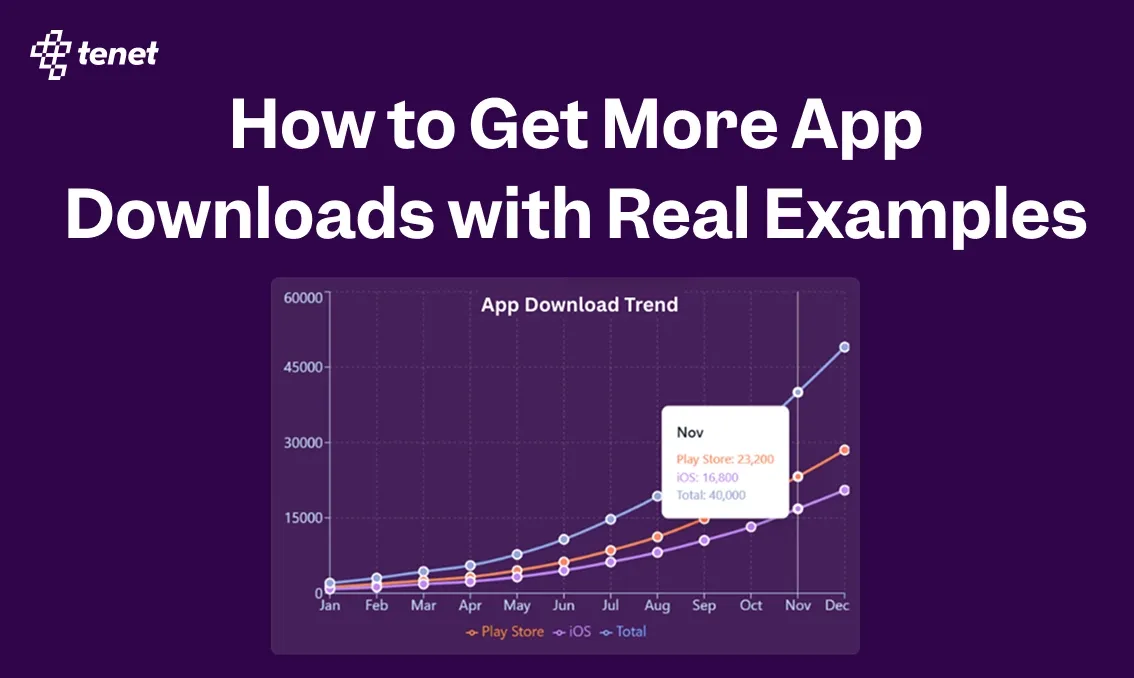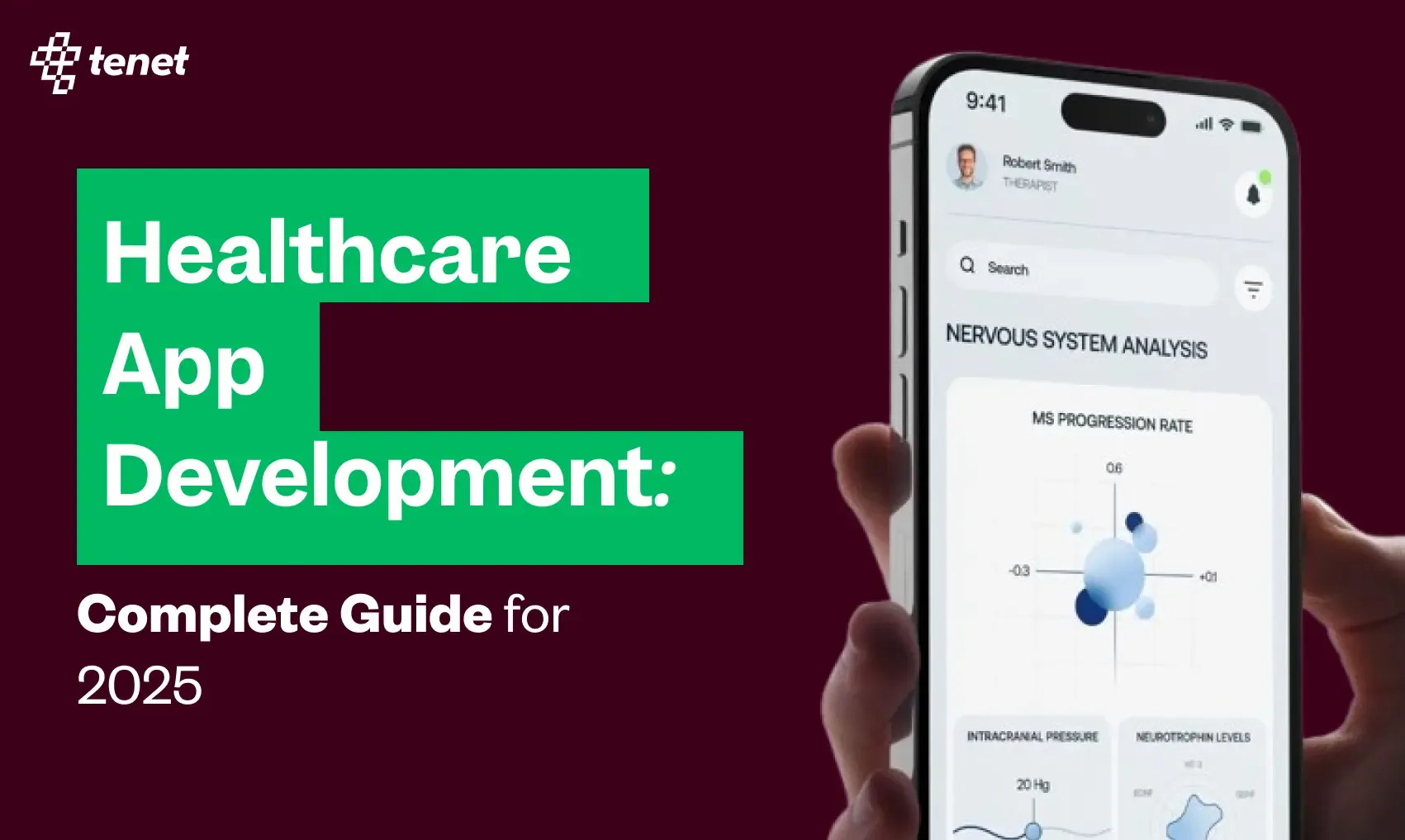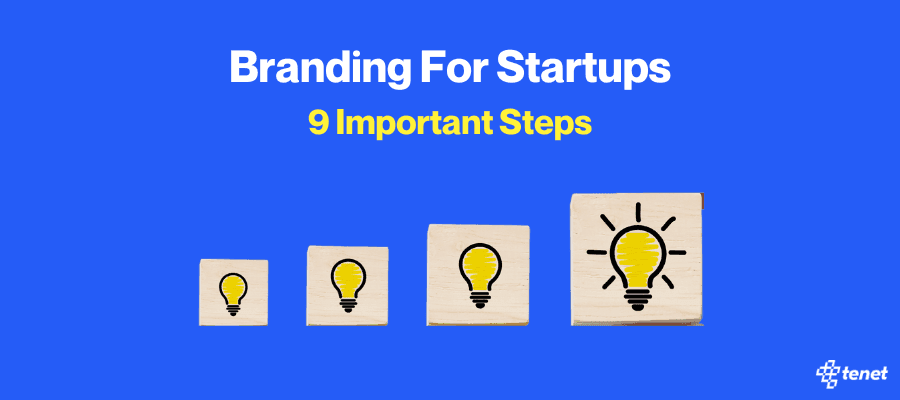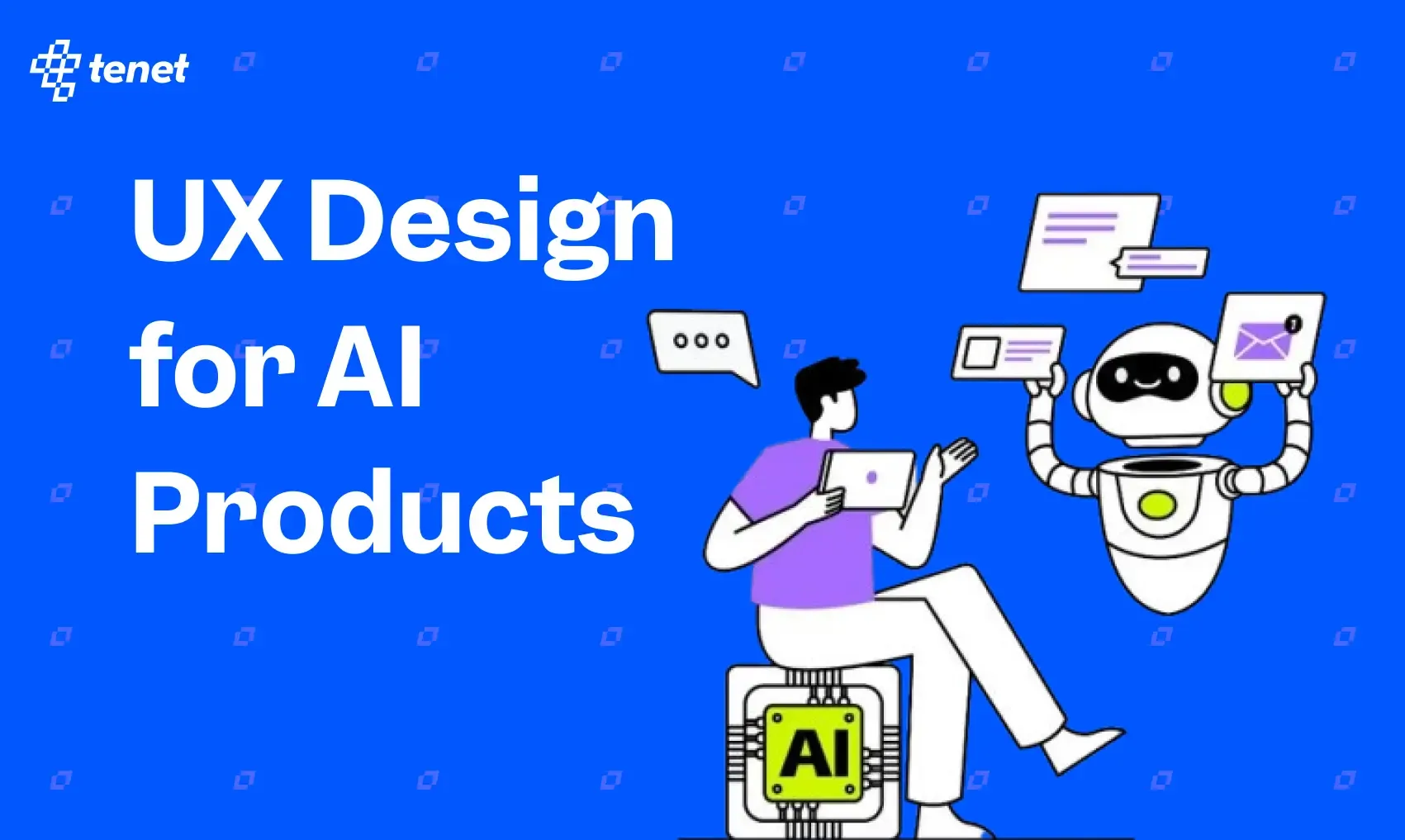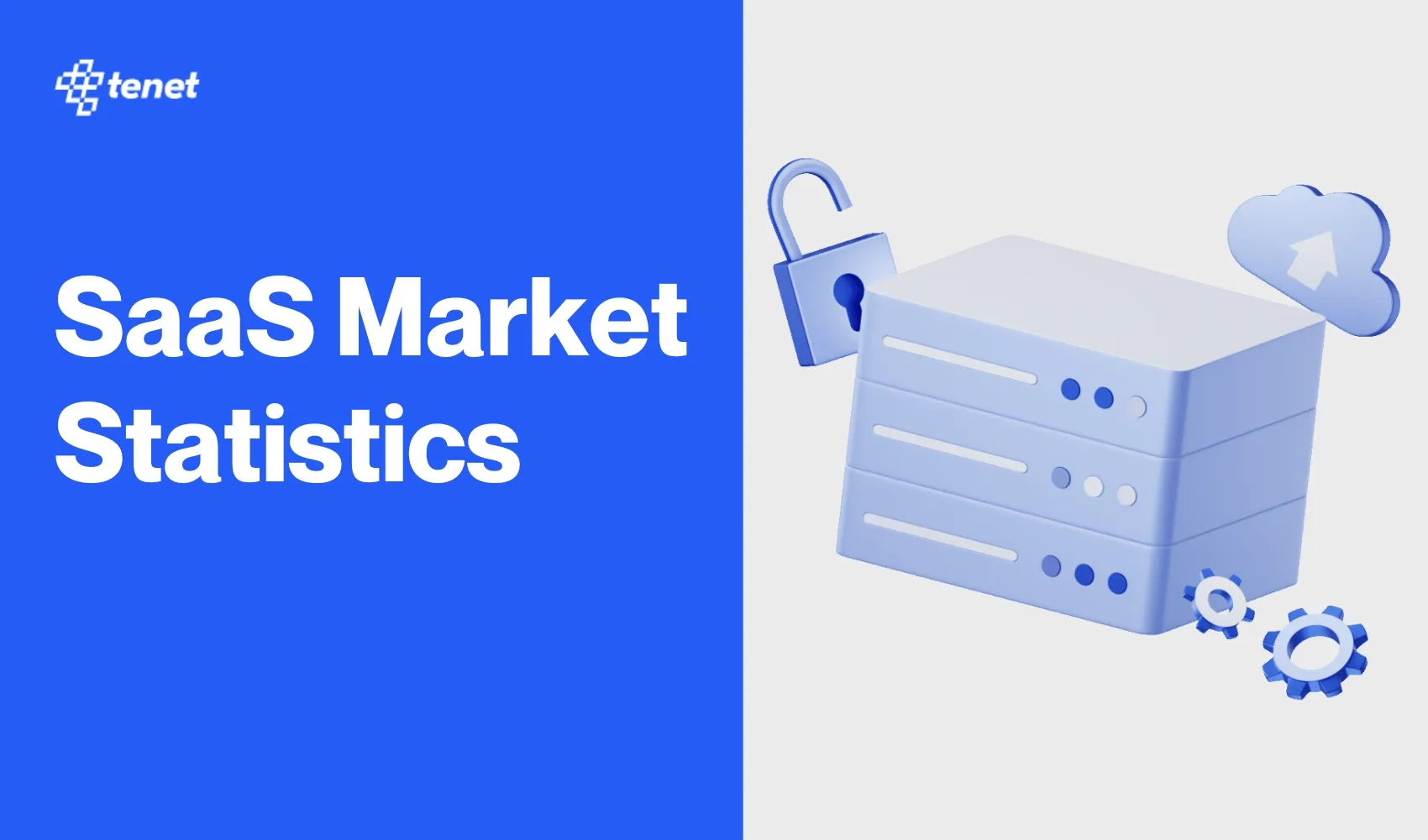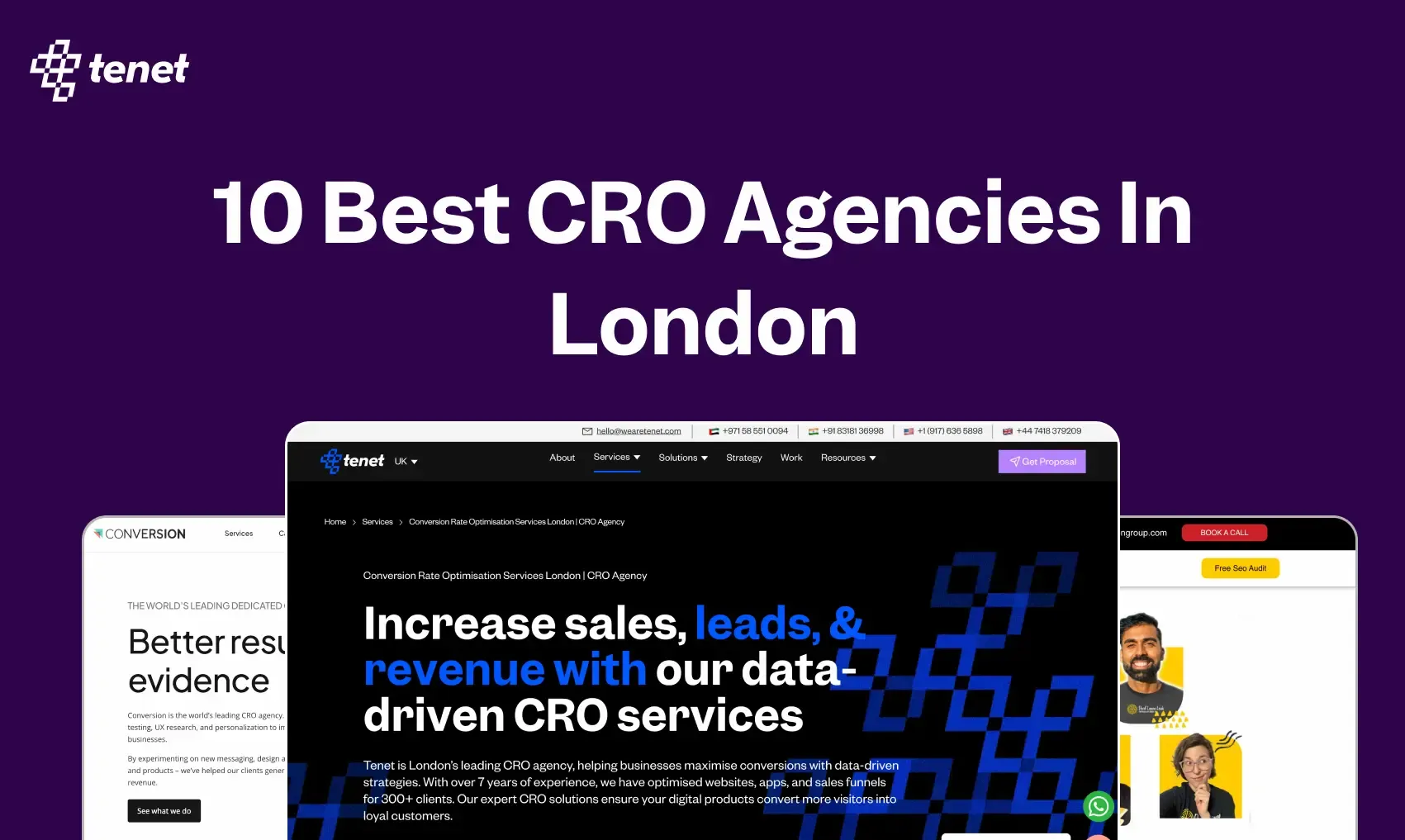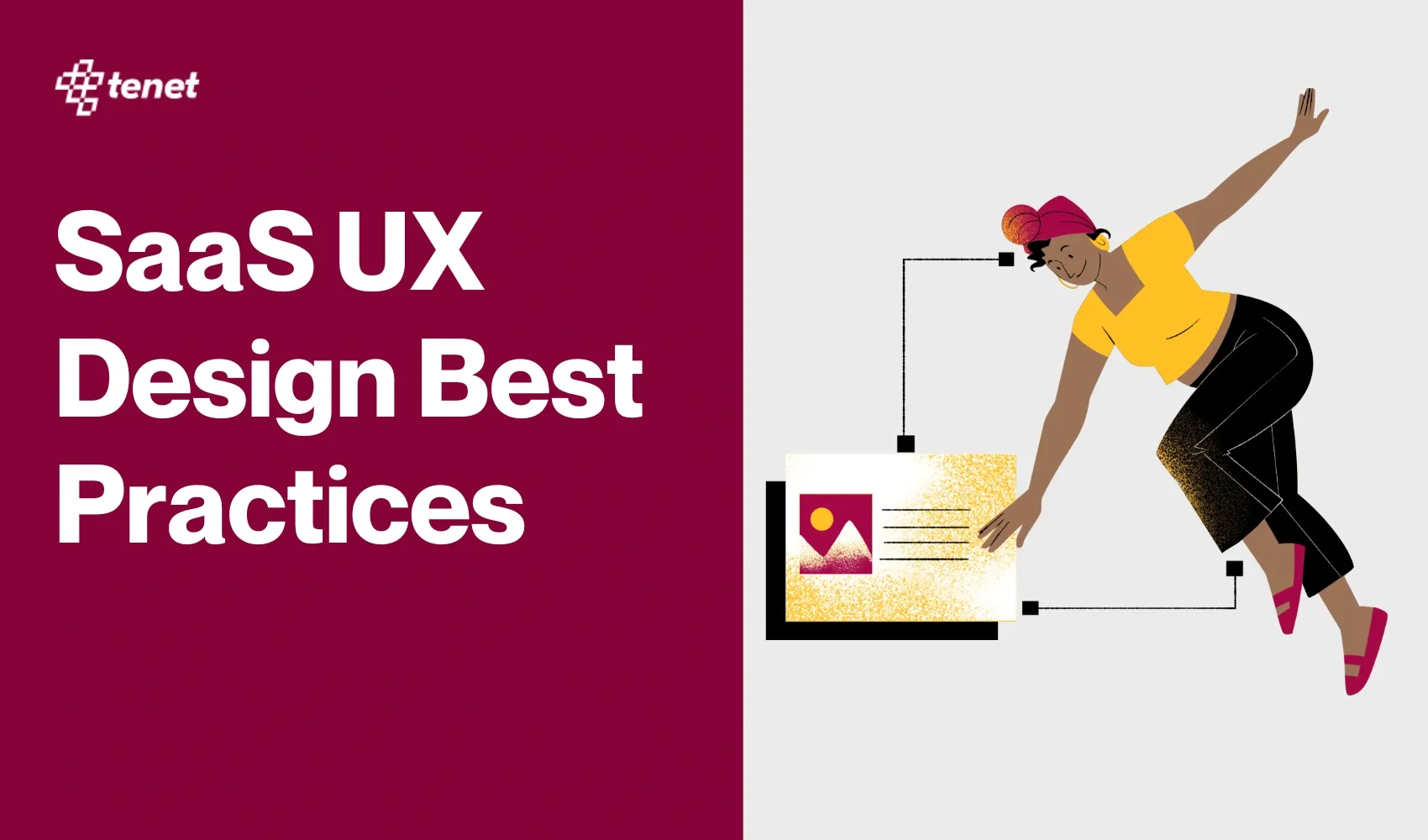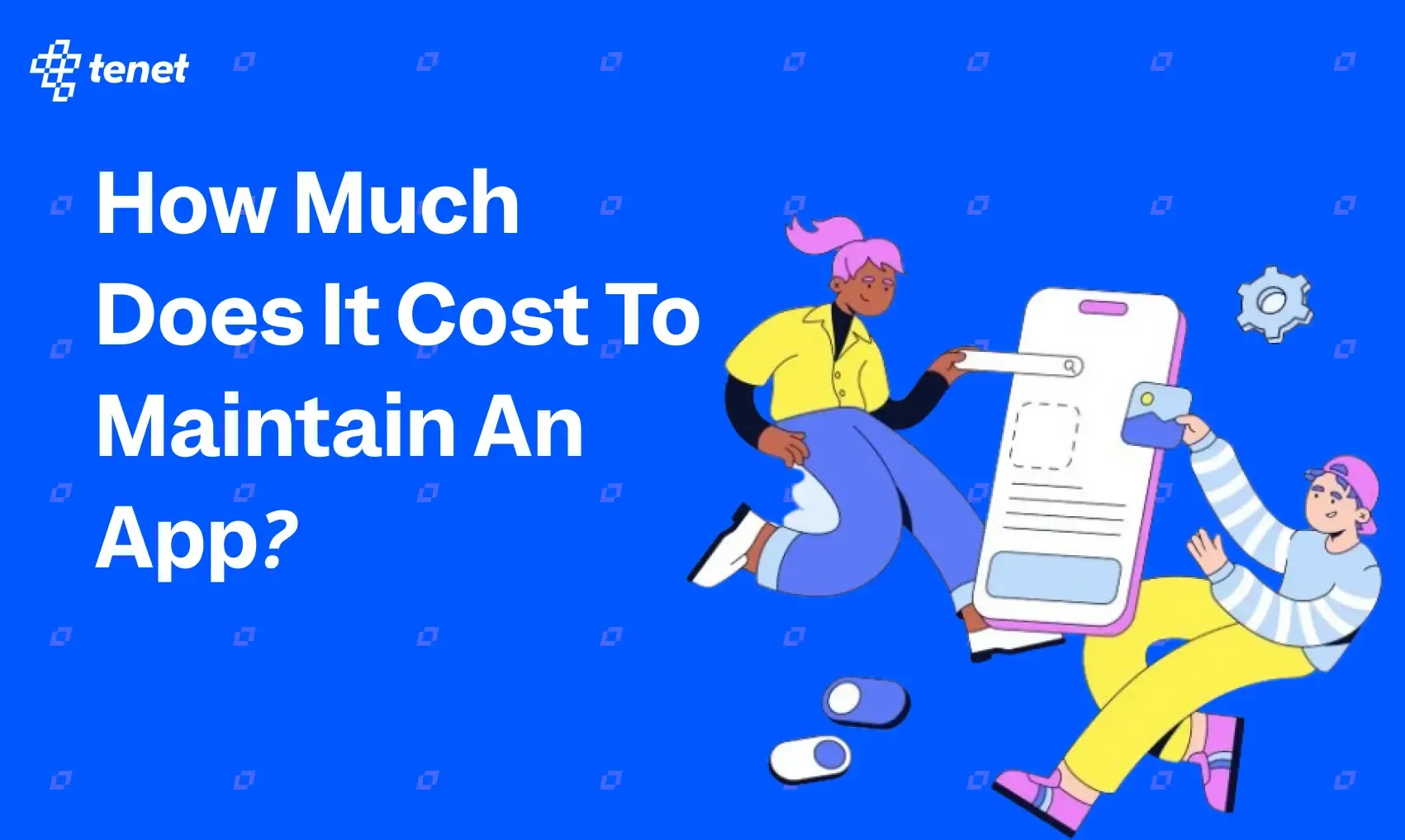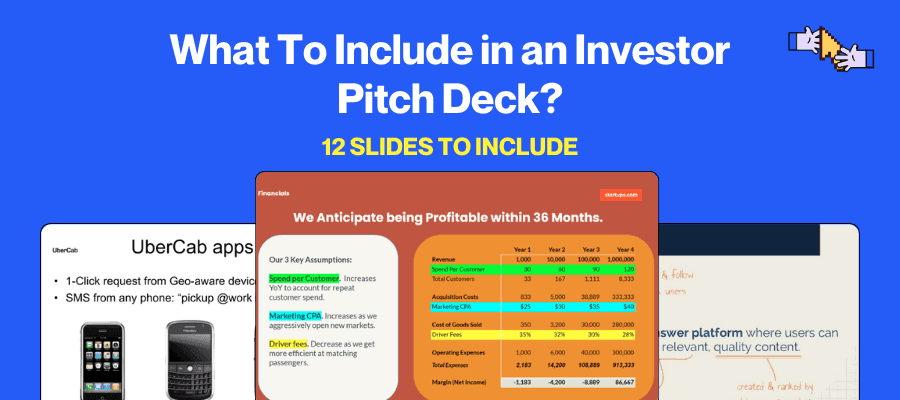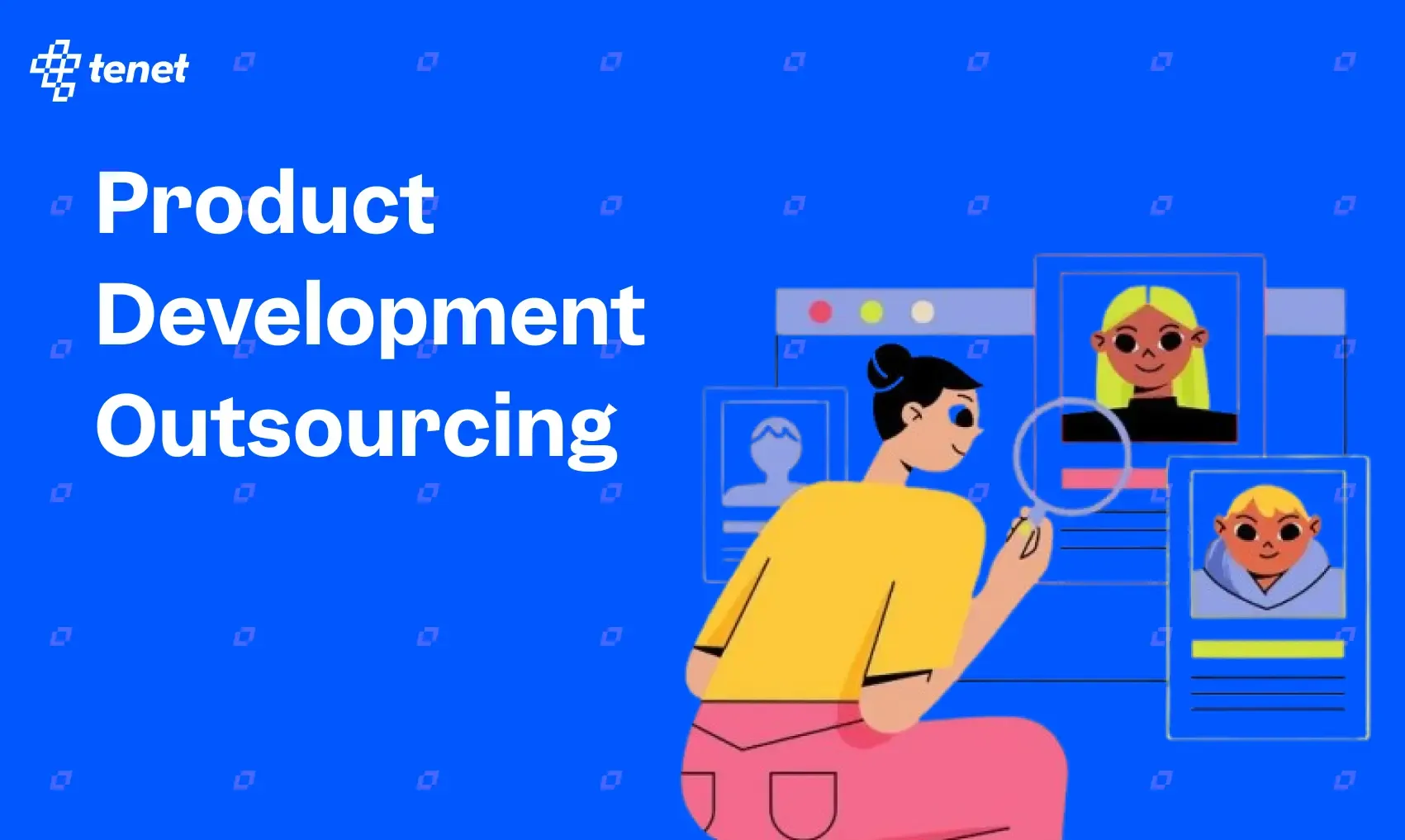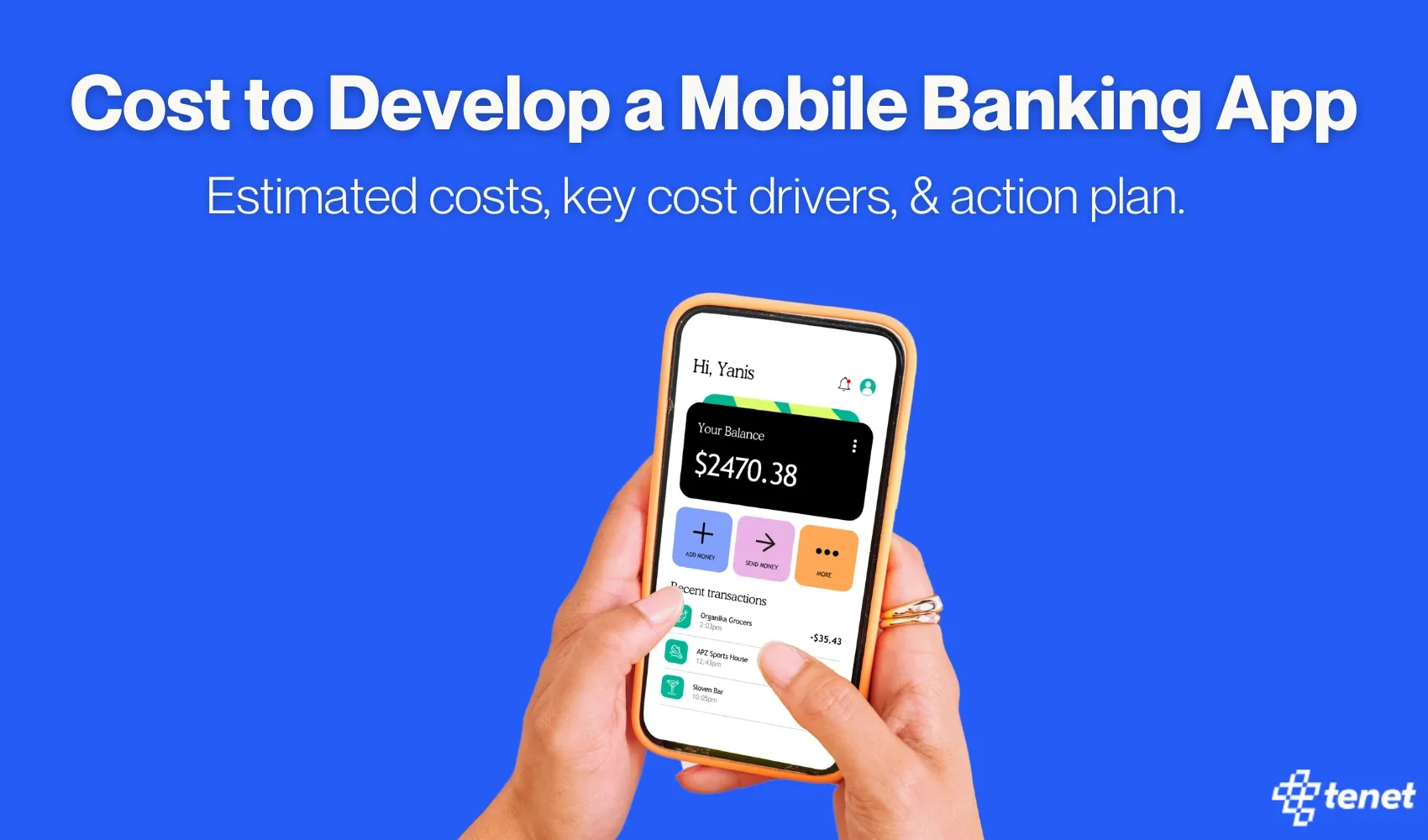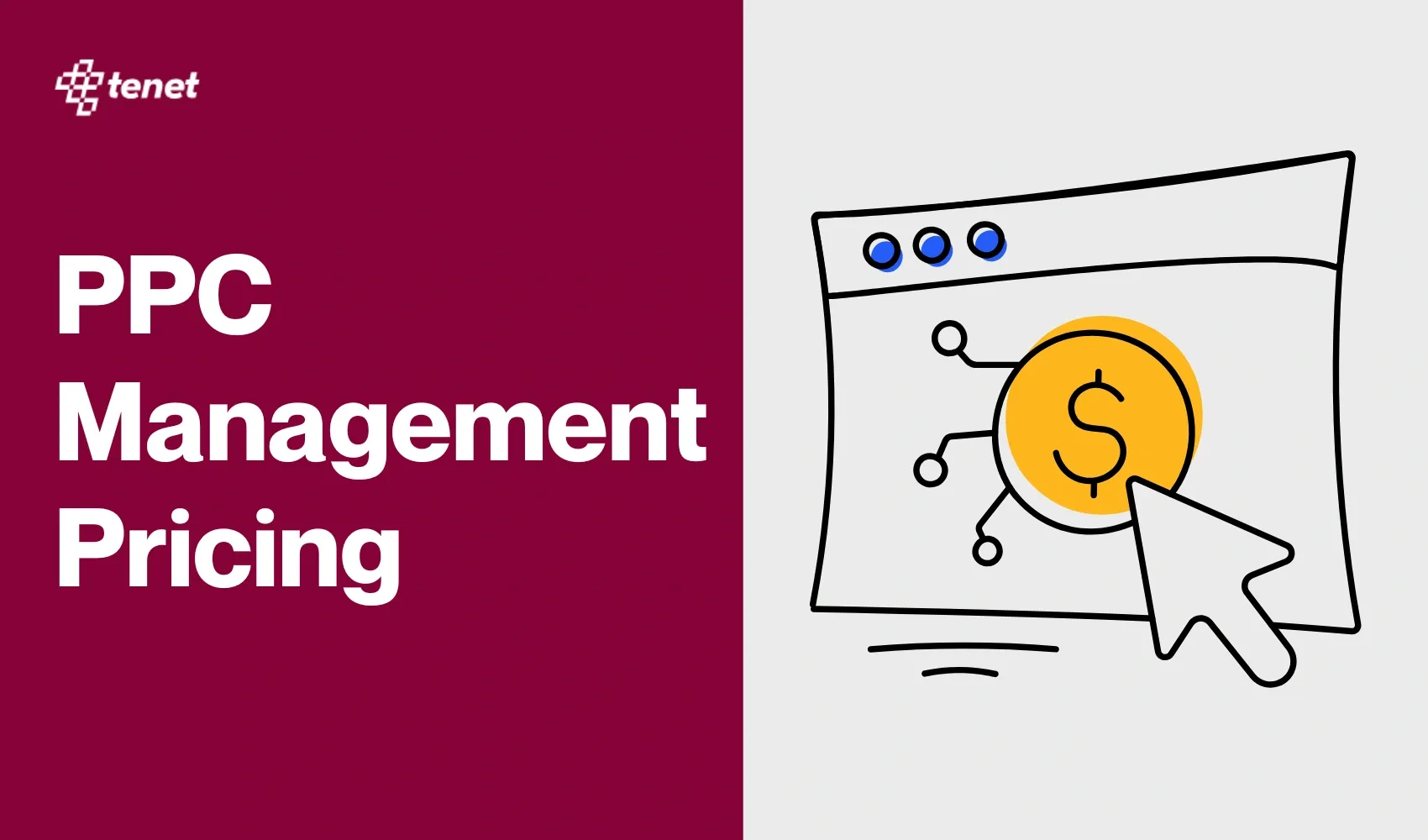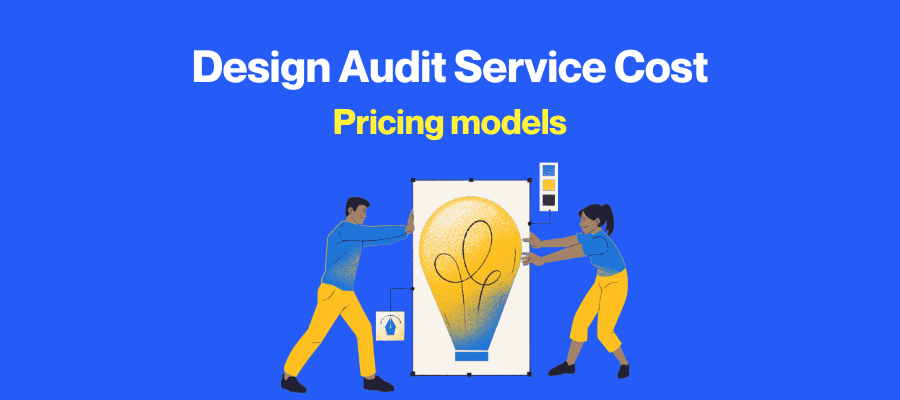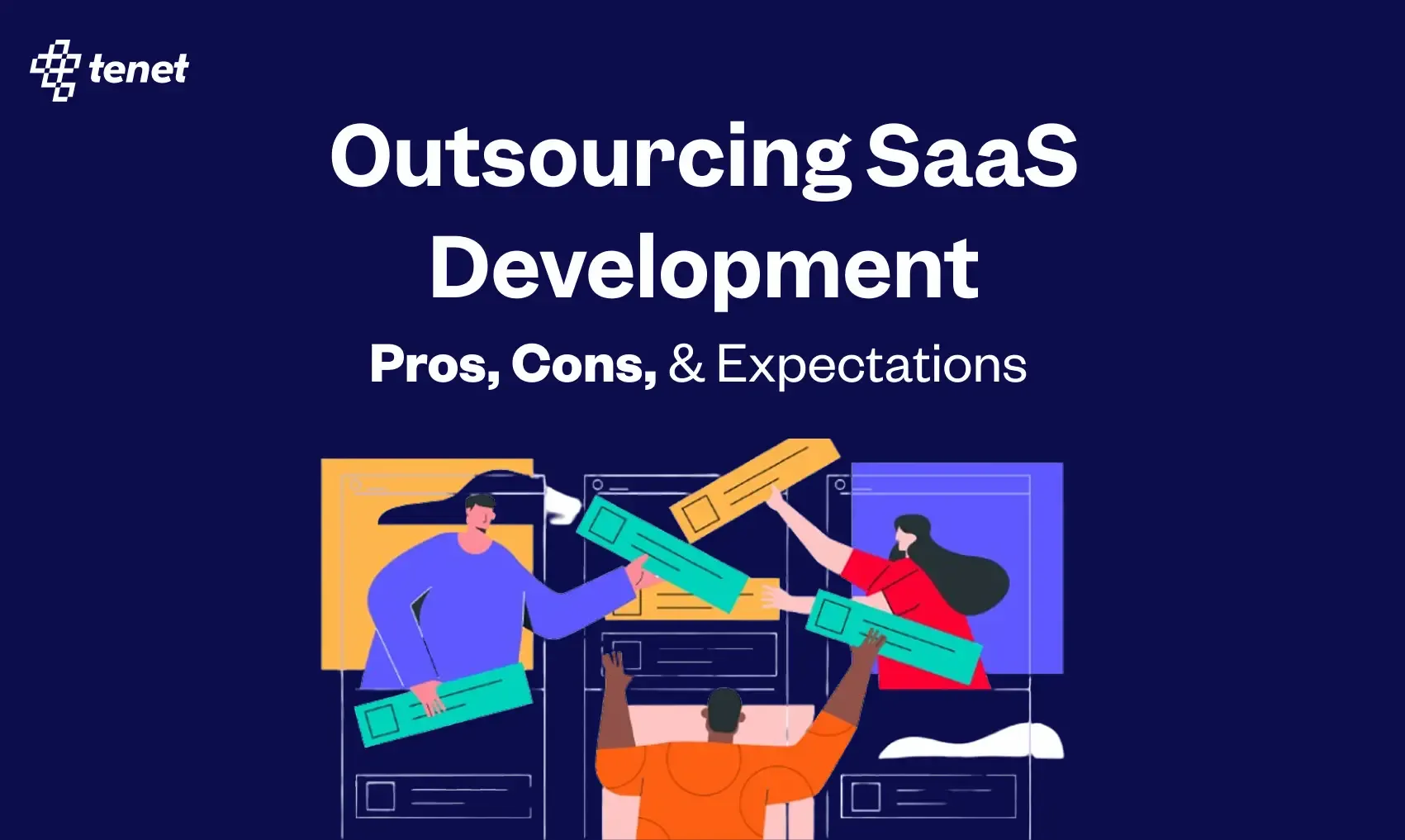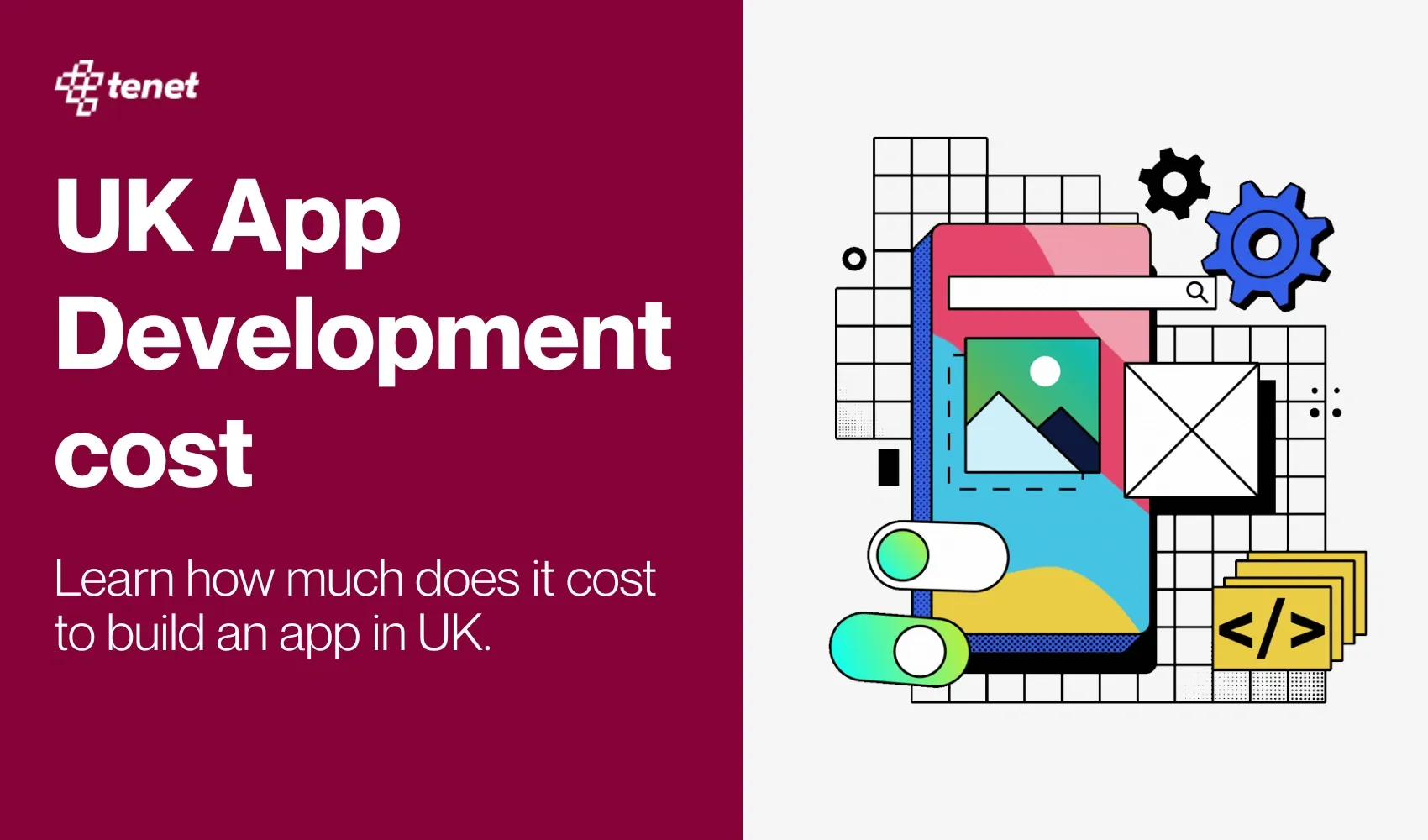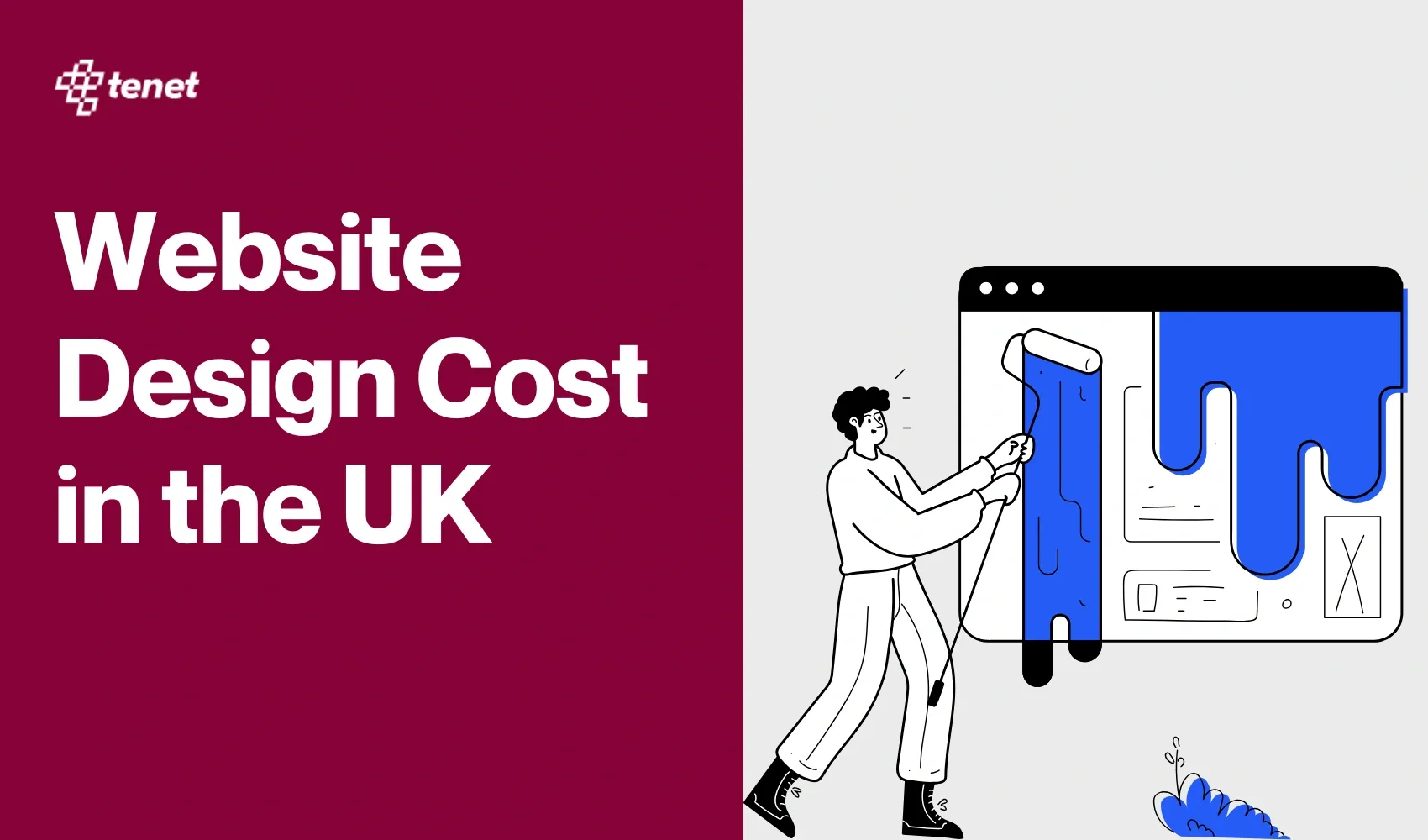200+ AI Agents Statistics: Usage, ROI, & Industry Trends
Share
Share

Get a quick blog summary with
AI agents are not just helpful tools; they’re now a key part of how businesses work in 2025.
Companies use them to answer customer questions, write reports, find information, check data, manage hiring, plan marketing, and more. They help teams work faster, save money, and make fewer mistakes.
This statistical roundup shares 200+ important statistics about AI agents in the real world.
Learn how different industries use them, what business leaders and employees think, how fast the market is growing, and which tools are leading the way.
TL;DR – Key AI Agent Statistics of 2025
AI agents have become the backbone of modern business in 2025. Here are the most eye-opening stats that show just how deeply embedded they’ve become across industries, roles, and regions:
- 85% of enterprises and 78% of SMBs are using AI agents.
- 90% of businesses view AI agents as a competitive advantage, not just a tool.
- AI agents are automating 15–50% of business tasks by 2027.
- Companies using agents report 55% higher efficiency and 35% lower costs.
- Only 2% of companies report zero interest in autonomous agents, near-universal curiosity.
- GitHub Copilot users code 126% faster, proving AI agents’ power in software development.
- 40% of Fortune 500 firms already use CrewAI’s autonomous agents.
- $103.6 Billion: The projected market size for AI agents by 2032, growing at 44.9% CAGR.
- Healthcare alone could save $150B/year using AI agents by 2026.
- 70% of manufacturers embed AI agents into workflows, cutting downtime by 50%.
- Amazon’s AI engine drives 35% of its online sales, showing real commercial value.
- 80% of customer support queries are handled by AI agents, speeding up service by 52%.
- 47% of HR teams prioritize AI agents for recruiting; 65% report major onboarding gains.
- 83% of executives believe agents will outperform humans in repetitive tasks.
- China (83%) and India (60%) lead global enterprise adoption of generative AI.
How widely are AI agents being adopted across businesses today?
AI agent adoption is growing across companies of all sizes. From large enterprises to SMBs, most organizations are either using, testing, or planning to adopt AI agents. This shift is driven by the need for smarter workflows, automation, and competitive advantage.
- 85% of enterprises are expected to be using AI agents in some capacity by 2025, marking a steep rise in mainstream adoption.
- AI adoption among SMBs is projected to reach 78% in 2025, closing the historical adoption gap with large corporations, up from 55% just two years earlier.

- 88% of organizations are either exploring or piloting AI agents, reflecting near-universal strategic interest.
- 51% of global companies are actively researching AI agents, while 37% have begun testing them in real scenarios.
- 12% of organizations have deployed AI agents at scale, showing that while interest is high, full implementation is still emerging.
- Only 2% of companies report no interest in autonomous agents, indicating that 98% are engaged in some form of AI exploration.
- 40% of Fortune 500 firms have already adopted CrewAI’s agents, proving that top enterprises are leading the charge.

What roles do AI agents play in business process automation?
AI agents are becoming central to how businesses automate processes, reduce manual tasks, and drive efficiency. They are being deployed in workflows to streamline operations, boost ROI, and power digital transformation at scale.
- 64% of AI agent adoption is focused on business process automation, underscoring its top role in enterprise use cases.
- AI agents are forecasted to automate 15% to 50% of business tasks by 2027, radically reshaping operational structures.
- Companies using AI agents report 55% higher operational efficiency and an average cost reduction of 35%, reinforcing the ROI.
- 90% of businesses consider AI agents a competitive advantage, showing strategic alignment between automation and market leadership.
What do business leaders think about AI agents?
Executives across industries view AI agents as strategic game changers. Optimism is high, and most leaders see these tools as essential to maintaining competitive edge and achieving business goals. Confidence in their potential is matched by real-world adoption and support across departments.
- In a May 2025 survey, 88% of senior executives said they plan to increase AI-related budgets in the next 12 months, driven by agentic AI.

- 81% of business leaders are optimistic that AI agents will help achieve strategic objectives, reflecting strong top-level confidence.
- 79% of executives report that AI agents are already being used in their organizations, proving adoption has moved beyond the planning phase.
- 83% of leaders believe AI agents will outperform humans in repetitive tasks, signaling confidence in automation capabilities.
- 65% of HR executives say AI agents have greatly improved productivity, especially in managing HR operations.
- 90% of companies report better workflow integration after using generative AI agents, showing business-wide alignment.

- 79% of employees confirm that AI agents have improved their performance, validating leadership’s optimism from the bottom up.
How are executives planning to manage AI agent deployment?
Executives recognize the transformative impact of AI agents and are preparing their organizations for broad deployment. Plans include increased hiring, adapting roles, and addressing concerns around trust and explainability to ensure smooth, responsible adoption.
- 67% of executives believe AI agents will drastically transform existing roles within 12 months, highlighting an impending shift in workforce dynamics.
- 48% of surveyed leaders expect to increase headcount due to AI agents, suggesting augmentation, not just automation.
- 71% of executives expect AI agents to self-adapt to changing business needs, showing faith in autonomous learning.
- 46% of business leaders worry their company may be falling behind in AI agent adoption, reflecting strong competitive pressure.

- 28% of executives cite lack of trust in AI agents as a top-three challenge, underlining the importance of transparency and governance.
How fast is the AI agent market growing globally?
The global AI agent market is expanding at a breakneck pace, with exponential growth projected over the next decade. Fueled by rapid enterprise adoption and tech innovation, the market is poised to become a core pillar of digital transformation.
- The AI agents market was valued at $3.7 billion in 2023 and is projected to reach $103.6 billion by 2032, with a CAGR of 44.9%.
- Short-term projections show acceleration and are expected to hit $7.9B in 2025.

- Gartner forecasts that by 2028, one-third of enterprise software will include autonomous agents, automating 20% of digital interactions and 15% of decisions.
- Over $2 billion in VC funding has gone to agentic AI startups in the last two years, driving innovation and expansion.
- Autonomous agents are forecast to reach the “Plateau of Productivity” in 5–10 years, signaling market readiness and maturing demand.
- AI agents are now considered a foundational technology for both enterprise and consumer apps, anchoring digital transformation roadmaps.
What’s driving AI agent market growth across sectors?
AI agent adoption is being driven by real-world ROI across industries, from reducing costs to improving speed and accuracy. As use cases mature and success stories multiply, their role is expanding across verticals and functional teams.
- 64% of AI agent adoption is focused on business process automation, a primary growth driver.
- Research and summarization is the top use case, cited by 58% of executives, boosting demand across knowledge work.
- Consumer goods, banking, and biotech firms report using AI agents to cut costs by 10x to 95%, fueling cross-sector uptake.
How Are Different Industries Benefiting from AI Agents in 2025?
AI agents are driving industry-specific innovation by automating complex tasks, reducing costs, and improving decision-making. From healthcare to retail, organizations are integrating AI agents into core workflows to boost efficiency and outcomes.

- Healthcare:
- 42% of EU hospitals use AI agents for diagnosis and triage, with 19% more planning to adopt soon.
- AI agents are projected to save $150B annually by 2026 in healthcare through automation and error reduction.
- Up to 95% of patient queries can now be handled by AI, freeing staff for critical care.
- Financial Services:
- 70% of financial institutions use agents for fraud detection and risk analysis.
- Fraud losses are down 25%, and customer satisfaction has improved.
- Retail & E-commerce:
- 63% of retailers use AI agents for marketing, inventory, and customer service.
- 65% of retail interactions are now handled by AI chatbots, cutting service costs by ~30%.
- Amazon’s AI engine powers 35% of online sales, showcasing AI’s impact in commerce.
- Manufacturing & Logistics:
- 70% of manufacturers have embedded AI agents into digital workflows.
- Agents reduce downtime by up to 50% and raise productivity by 20–25% through predictive maintenance.
- Human Resources:
- 47% of HR teams prioritize agents for recruiting, while 33% already use them for resume screening.
- 65% of HR leaders report major efficiency gains in onboarding and employee management.
- Marketing & Advertising:
- 80% of marketers use AI agents for copywriting, targeting, and campaign analytics.
- Automotive:
- Agents help cut part development timelines by 10–20% and power predictive diagnostics in vehicles.
- Biopharma & Clinical Research:
- Agents cut lead gen time by 25% and improve clinical report drafting by 35%.
- AI co-pilots are now widely used in regulatory and medical research writing.
How are different industries using AI agents?
AI agents are becoming integral to consumer engagement across sectors like travel, retail, healthcare, and electronics. Their presence spans from voice assistants to eCommerce bots, with growing user comfort across routine and transactional tasks. Brands are now designing agents as customer-facing touchpoints.

- 97% of mobile users have interacted with AI-powered voice assistants like Siri, Alexa, or Google Assistant.
- Around 40% of users perform voice searches daily, signaling routine consumer reliance on AI agents.
- Google Assistant had 88.8 million active users by 2025, leading the consumer voice AI segment, followed by Alexa (36%) and Siri (29%).
- 75% of smartphone users rely on voice AI for reminders, searches, or smart home control, according to Pew Research.
- 72% of customer experience leaders say AI agents must reflect brand identity, showing that AI is now part of the brand experience.
- 54% of consumers have a more positive perception of brands using AI agents when the interaction is smooth.
- In the workplace, AI agents used for internal communication led to a 15% productivity boost, improving downstream customer support indirectly.
What are the top AI agent use cases in each sector?
Consumers increasingly trust AI agents for convenience, speed, and personalization, especially in everyday decisions. Use cases span scheduling, shopping, recommendations, and content delivery, with notable adoption among younger generations and across product categories.
- 44% of U.S. consumers would use an AI agent as a personal assistant, rising to 70% among Gen Z.
- Trust in AI agents is highest among Millennials (72%), followed by Gen X (68%), Gen Z (64%), and Boomers (60%).

- 24% of consumers are comfortable letting AI agents make purchases, with this number jumping to 32% among Gen Z.
- 51% prefer AI or hybrid AI-human support, driven by faster responses and 24/7 availability.
- 39% are okay with AI agents scheduling appointments, showing comfort with decision-making tasks.
- 34% prefer AI agents to avoid repeating themselves during customer service conversations.
- 37% are fine with AI-generated personalized content, such as recommendations or dynamic messaging.
- Product categories where consumers widely use AI agents:

- Flights (70%)
- Hotels & Resorts (65%)
- Consumer Electronics (59%)
- Beauty Products (56%)
- Clothing (53%)
- OTC Remedies (51%)
- Groceries & Snacks (45% each)
How are consumers using AI agents in daily life?
AI agents have become deeply embedded in everyday workflows, from workplace automation to shopping, tech support, and content creation. Users across job roles and sectors report measurable boosts in speed, convenience, and task completion, demonstrating how AI is reshaping the way people work and live.
- GitHub Copilot users complete coding tasks 126% faster than non-users, proving value in developer environments.
- AI agents resolve customer inquiries 52% faster and improve response time by 37%, speeding up support interactions.

- A CPG company reduced blog creation costs by 95% and sped up delivery 50x using content-generation agents.
- A biopharma company saved 35% time drafting clinical study reports using AI agents.
- Lenovo’s IT team reported a 40% boost in productivity from AI-assisted system modernization.
- In automotive, AI agents helped cut maintenance costs by 20% and improve uptime by 15%.
- 37% of employees say AI agents help them collaborate more effectively with teammates.
- Cornell University found a 15% productivity boost when agents automated task delegation and team comms.
What do users think and feel about AI agents?
Across industries and job roles, users report high satisfaction and growing trust in AI agents. From faster decisions to smoother workflows, many now see agents as teammates especially when human-AI collaboration is encouraged. Importantly, measurable improvements are fueling lasting confidence in AI adoption.
- 79% of employees say AI agents have improved their personal performance, citing less manual work and better decisions.
- Companies using AI in HR functions reported a 65% gain in efficiency, especially in onboarding and hiring.
- AI-powered customer service led to a ~32% increase in satisfaction scores across organizations.
- Lenovo saw double-digit improvement in customer service call handling efficiency using AI.
- Gartner projects conversational AI will save $80B in labour costs in call centers by 2026, underscoring industry optimism.
- A global bank achieved 10x cost reduction using AI agents for customer interactions.
- AI-led businesses reported a 31.5% rise in customer satisfaction and ~25% increase in retention.

- Companies encouraging agent experimentation saw 22% higher revenue growth, showing cultural alignment with innovation.
Which AI-powered tools and platforms are driving the adoption of AI agents, and how widely are they used by developers and knowledge workers?
Popular tools like GitHub Copilot, ChatGPT, and Copilot Studio are central to the rise of AI agents. These platforms make AI accessible for developers, writers, marketers, and IT teams, accelerating adoption across skill levels and functions.
- GitHub Copilot is now used by over 15 million developers, making it the most widely adopted AI development tool.
- In a 2023 developer survey, 55% reported using GitHub Copilot, over four times more than the next most-used AI tool.
- Copilot Studio has been adopted by more than 230,000 organizations, including 90% of the Fortune 500, to build AI agents and workflow automations.
- 78% of knowledge workers across roles use AI agents like ChatGPT to write emails, generate reports, or conduct research in daily workflows.
- In software engineering and IT, AI assistants are now embedded in code editors, DevOps tools, and support platforms, streamlining tasks like debugging, documentation, and feature planning.
- Cursor, Replit, and Perplexity are among the most talked-about AI agent applications in the developer and AI enthusiast community.
- AI tools are also used in marketing and content teams for automated copywriting, campaign analytics, and customer personalization.
- A growing number of low-code/no-code platforms are integrating AI agents, allowing non-technical users to build workflows and digital assistants with natural language prompts.
- AI tools are being used in enterprise automation suites, CRM platforms, and productivity apps, increasingly bundled as part of broader AI agent ecosystems.
- Tools like ChatGPT are evolving into multi-agent platforms, where users can build or control multiple assistants with distinct roles and behaviors.
What are the key security, privacy, and governance concerns companies face when implementing autonomous AI agents?
As AI agents grow more powerful and autonomous, companies are grappling with how to balance innovation with control.
Risk mitigation strategies, including human oversight, data access restrictions, and trusted vendor selection, are becoming standard practice.

- 62% of banks in the United States agree that handling personal data for AI agent training comes with high complexity and risks that may outweigh customer experience benefits.
- 28% of senior executives ranked lack of trust in AI agents as one of their top three challenges.
- 29% of companies are not yet comfortable with fully autonomous AI agents, opting instead for human-in-the-loop oversight.
- 31% of companies restrict AI agent access to sensitive data, allowing it only under human supervision.
- 47% of organizations view AI agents as support tools, not full replacements, and are training employees to collaborate with them.
- 23% of companies prefer to deploy AI agents only from trusted tech providers, limiting exposure to unverified or risky technologies.
- 11% of businesses are developing AI agents entirely in-house, ensuring tighter control over data, compliance, and customization.
- 51% of tech teams are using two or more control methods such as access rules, monitoring systems, or approval layers to manage AI agent behavior.
- 41% of enterprises still treat AI agents as side projects, partly due to concerns around security, maturity, or regulatory uncertainty.
- Human validation remains important:

- 71% of customers say a human should review AI outputs in customer service contexts.
- 27% of companies using generative AI require all AI-generated content to be reviewed by humans before publication.
How are AI agents changing customer service, and what results are companies seeing in speed, customer happiness, and lower costs?
AI agents are revolutionizing customer service by handling routine queries, reducing wait times, and providing 24/7 support. Their widespread adoption is driving efficiency, lowering costs, and significantly improving customer experience.
- AI agents now manage approximately 80% of all customer service queries, including FAQs, order tracking, and basic troubleshooting.
- Companies using AI-powered customer service agents have seen customer satisfaction scores increase by 32% on average.
- Zendesk and other surveys indicate that nearly 80% of companies have adopted or plan to adopt AI chatbots by 2025.
- Contact centers using AI agents resolve tickets 52% faster and respond to customers 37% more quickly than those without automation.
- AI agents can reduce operational costs in customer service by up to 30%, by automating high-volume, low-complexity tasks.
- Cisco estimates that by 2028, 68% of customer/vendor interactions will be handled by autonomous tools, such as AI chatbots and self-service interfaces.
- By 2029, Gartner projects that AI agents will autonomously resolve 80% of routine customer service issues without needing human intervention.
- 81% of customers prefer using AI-powered self-service options before contacting a human, showing growing user acceptance of AI-first support.
- 54% of customers have a more positive view of brands that use AI agents in customer service, especially when responses are fast and personalized.
- Despite 68% of users having interacted with chatbots, 88% still prefer human support for complex or high-stakes issues, reinforcing the need for escalation options.
- 72% of customer experience (CX) leaders expect AI agents to act as brand representatives, reflecting their importance in shaping customer perception.
- Customer service is the most common application area for AI agents, cited by 45.8% of surveyed companies already using them.
Which countries or regions are leading in AI agent adoption, and what regional factors are driving their growth?
AI agent adoption varies by geography, with North America and Asia-Pacific leading the charge. While North America benefits from enterprise readiness and tech investment, Asia-Pacific sees rapid growth due to government support and mobile-first infrastructure.
- North America currently holds approximately 41% of the global AI agent market, driven by high enterprise readiness, mature cloud infrastructure, and aggressive AI investment.
- Europe accounts for around 27% of the AI agent market, with strong adoption in sectors like healthcare, finance, and manufacturing.
- Asia-Pacific is the fastest-growing region, with about 19% market share today and government-backed digital transformation initiatives fueling acceleration through 2030.
- Surveys show that China and India lead in enterprise AI adoption, with roughly 60% of companies actively using AI, significantly higher than in many Western countries.
- A 2024 global survey found that 83% of Chinese firms had adopted generative AI, compared to 65% in the U.S., and a global average of ~54%.

- Even in the U.S., the share of companies running fully AI-driven operations grew from 9% in 2023 to 16% in 2024, indicating steady progression toward autonomy.
- In the EU, 42% of hospitals and clinics already use AI agents for diagnostics, with an additional 19% planning adoption, highlighting healthcare as a strong regional use case.
- CrewAI reports that 40% of Fortune 500 companies (mostly headquartered in North America) are already using their AI agents, showing strong uptake among top enterprises.
- Regional differences in AI comfort levels also affect consumer behaviour, with Gen Z in Asia and North America more open to AI assistants for purchasing, scheduling, and content personalization.
Final Words
AI agents are no longer optional. They are essential to how modern businesses operate, grow, and compete. From automating workflows to boosting customer service, AI agents are transforming every sector at speed and scale.
With over 200 statistics backing this shift, it is clear that both enterprises and employees see real value in agentic AI.
As adoption spreads across regions and industries, organizations that embrace this change will lead the future of work. The time to experiment, invest, and integrate AI agents is now, before the competitive gap becomes impossible to close.
FAQs
What is an AI agent in business?
An AI agent is an autonomous system that performs tasks without constant human input. It goes beyond traditional AI tools by planning, adapting, and automating workflows, helping businesses improve speed, reduce errors, and cut operational costs.
Which industries use AI agents the most in 2025?
In 2025, AI agents will be widely used in healthcare, finance, retail, HR, and manufacturing. These industries rely on AI to automate customer support, streamline hiring, detect fraud, manage inventory, and improve diagnostics, boosting efficiency and reducing costs.
Are AI agents replacing human workers?
No. AI agents support human workers by handling repetitive tasks. 48% of businesses are increasing hiring to work alongside AI agents. They enhance productivity but still require human oversight, creativity, and decision-making for complex and strategic tasks.
What are the risks of using AI agents in the workplace?
Risks include data privacy concerns, lack of trust, and explainability. Businesses mitigate these by adding human-in-the-loop systems, using trusted AI vendors, limiting data access, and establishing governance policies to ensure secure, responsible AI agent deployment.
How do AI agents improve customer service?
AI agents handle up to 80% of support queries, reducing response time by 37% and increasing customer satisfaction by 32%. They provide 24/7 service, resolve routine issues quickly, and cut operational costs in high-volume support environments.
What are the best AI agent tools for business in 2025?
Top AI agent tools include GitHub Copilot, ChatGPT, Microsoft Copilot Studio, Replit, CrewAI, and Cursor. These tools automate coding, content creation, workflow management, and customer support, helping businesses and teams work faster and more efficiently.
Launch your next app with built-in AI features. Get a free proposal now.
Launch your next app with built-in AI features. Get a free proposal now.

Got an idea on your mind?
We’d love to hear about your brand, your visions, current challenges, even if you’re not sure what your next step is.
Let’s talk





